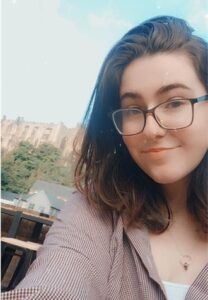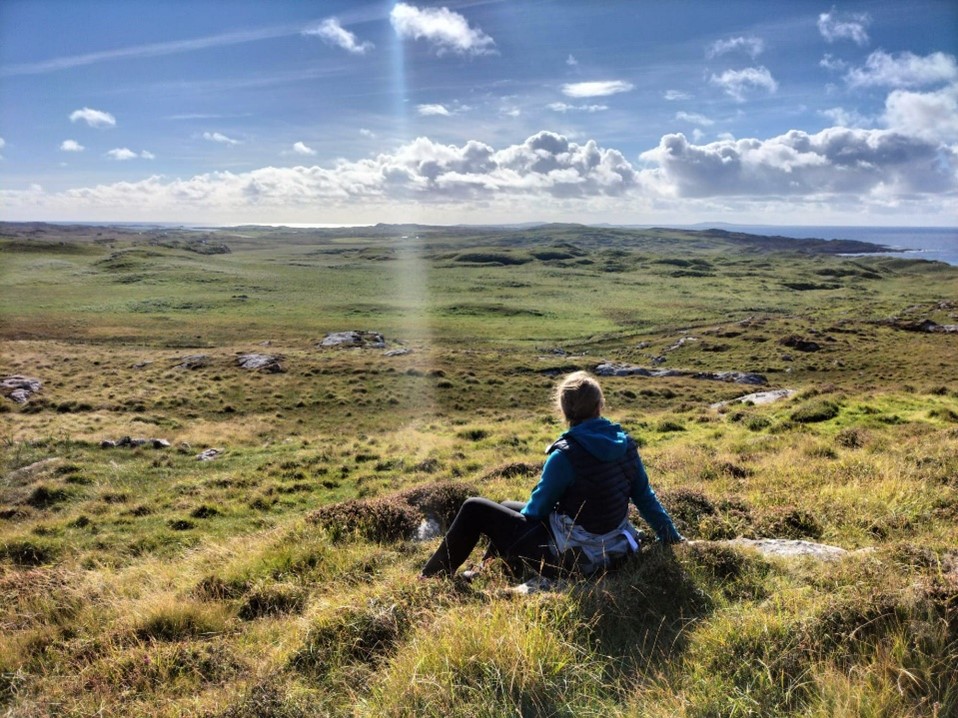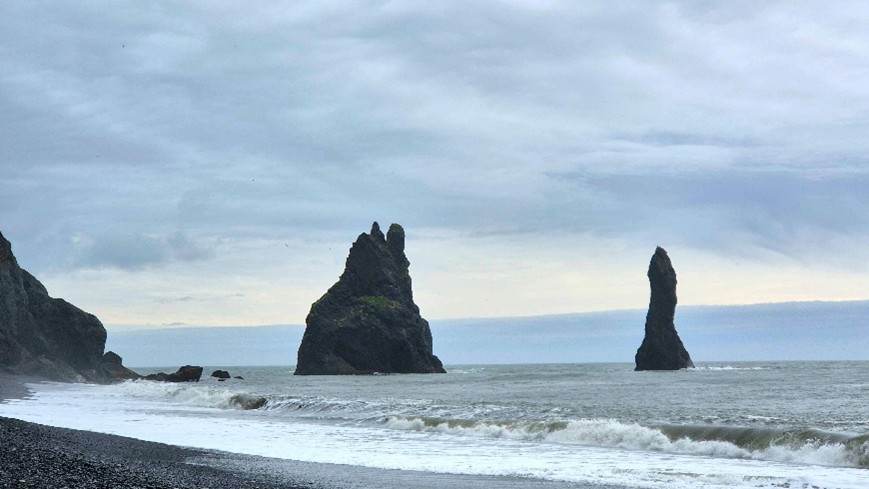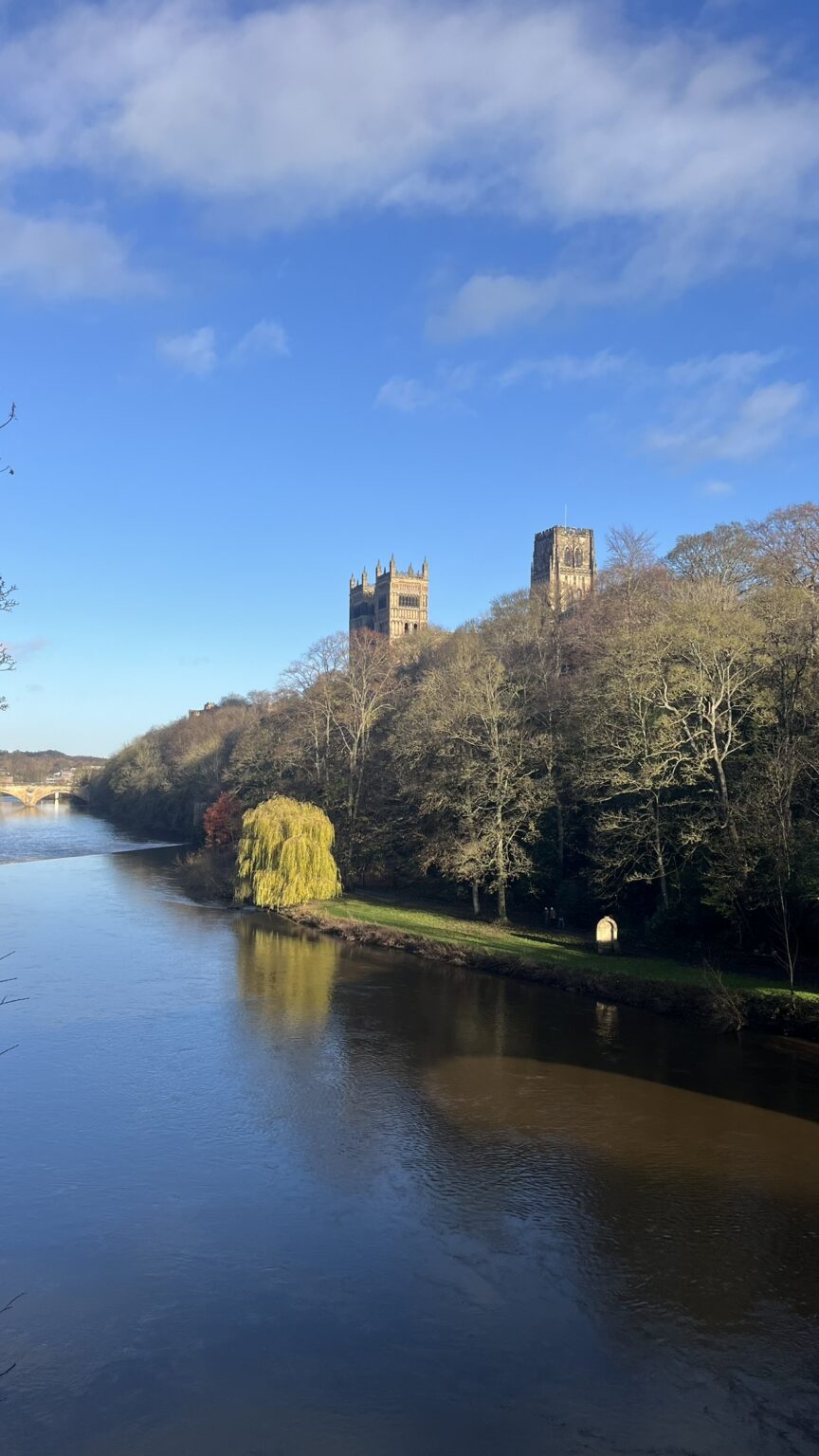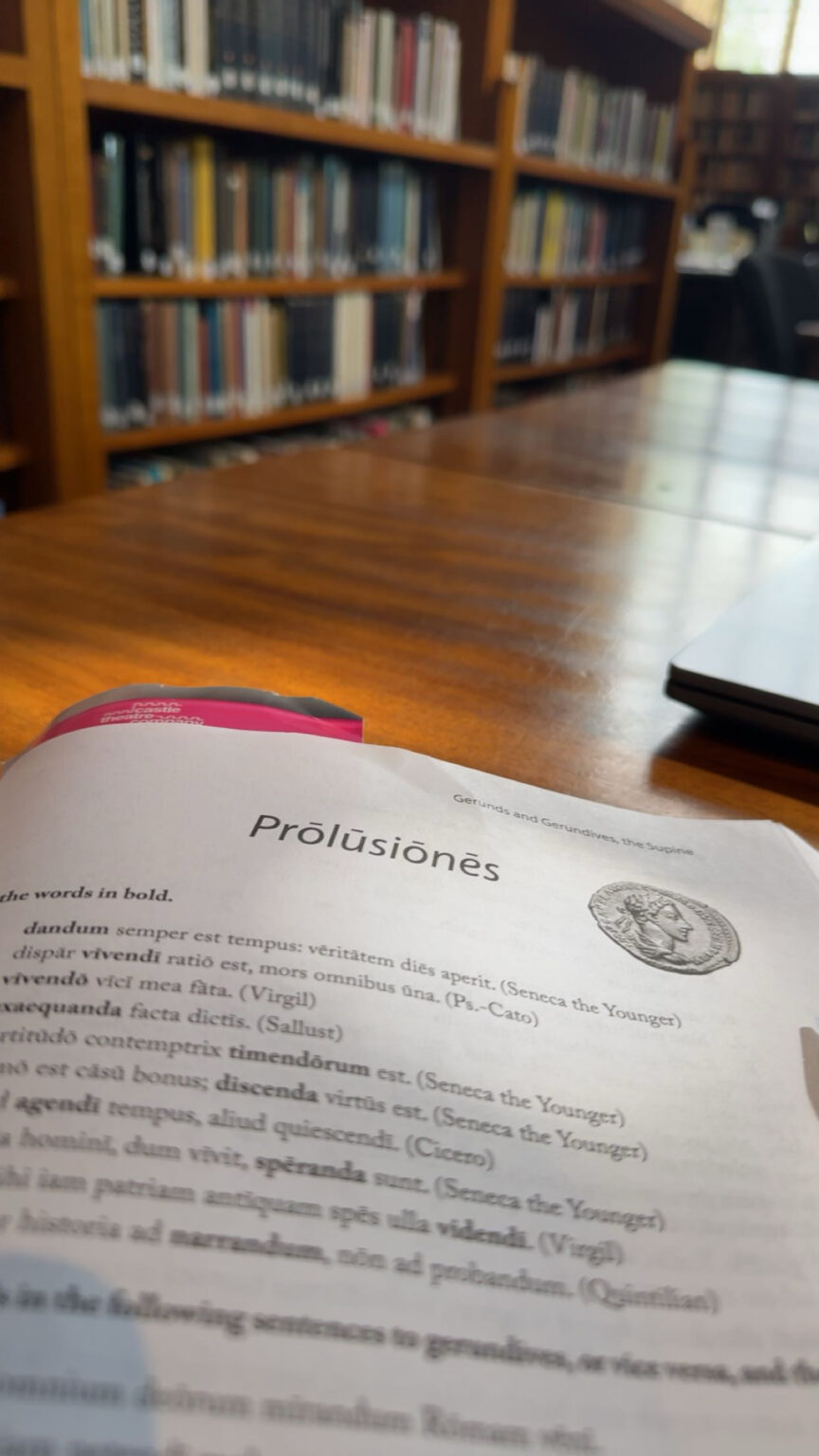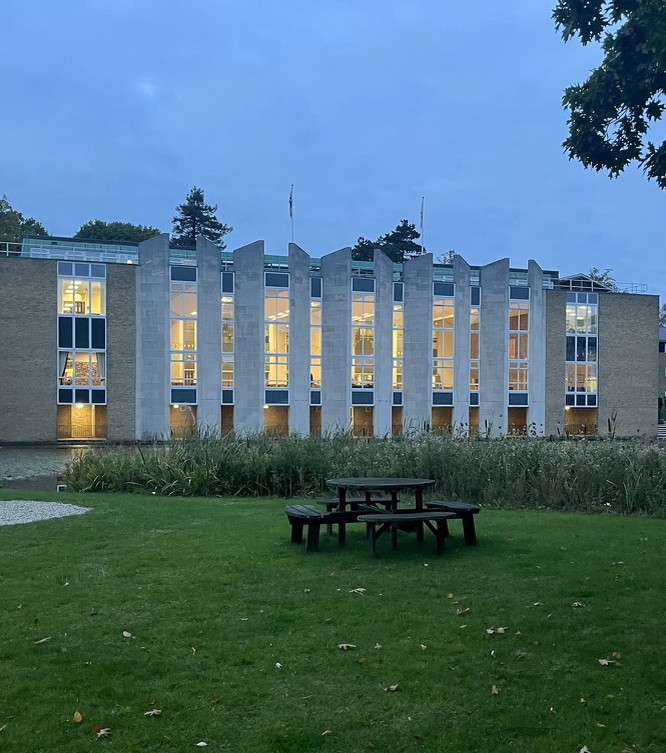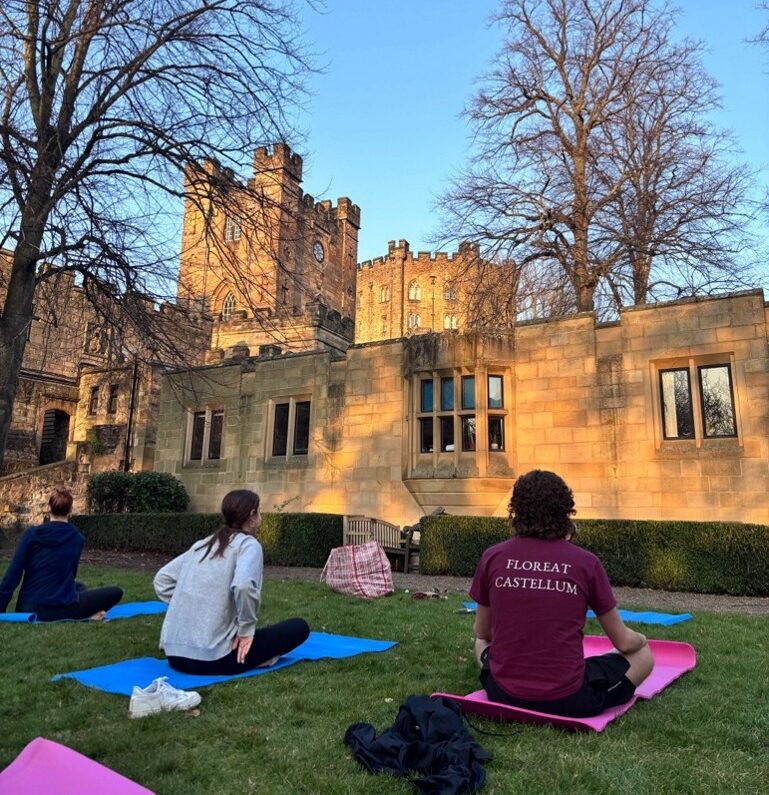“Stayed for the stories: an insight into life on Coll”
15 students travelled to the Isle of Coll for our field course, an 11-hour journey from Durham University. It is an artist’s paradise with beaches, hillsides, and cliff faces that all create a complex landscape forged from the island’s natural beauty combined with human intervention.
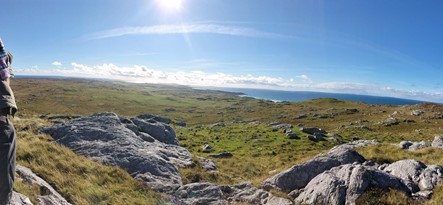
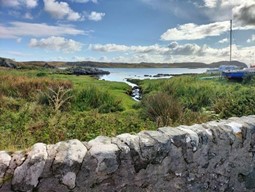
Cultural exploration
Due to the two professors leading the field courses’ existing connections to the island, we were immediately welcomed into the community. We were invited to multiple events that occurred during the time we were in Coll. The most memorable was a coffee morning and a ceilidh (a cultural event which we all joined in). These involved large amounts of cake and food whilst getting the opportunity to complete our ethnographic studies. Everyone on the island spoke fluent English, meaning that everyone we met at these events could have a conversation with us if they wanted to; many relished the opportunity to share their island’s culture and way of life with us.
The community centre An-Cridhe (which means ‘heart’ in Scots Gaelic) was at the heart of our investigations, and it was easy to see why! It was stunning, with views down to the harbour, and stalls within the main entrance that sold handmade products that local people are proud to share with a broader community of visitors and ‘Summer Swallows’ (the local name for residents, often second homeowners, who only come in the summer months).
There were many significant differences between this field course and others available through the Anthropology Department. One was the fact we all travelled by rail and sea to get there, rather than flying. Another was the lack of clean drinking water in the taps at the place we were staying. Unfortunately, due to difficulties getting someone from the public health department to complete an assessment of the water quality, we were advised not to drink the water for our own safety. Instead, we used drinking water from ten-gallon flagons charged up at a standpipe in the village, as well as at An-Cridhe and the Coll Hotel.
So close yet so far
Travelling to the other fieldwork destinations (Malta, Greece, Gibraltar) only took three hours, whereas our adventure took over 10 hours. Although this may seem a long time, our journey took us through multiple areas of the Scottish countryside, curving around lochs and hillsides. The last three hours of our travels took place on a ferry where we encountered pods of dolphins, and a few of us treated ourselves to a hot meal.
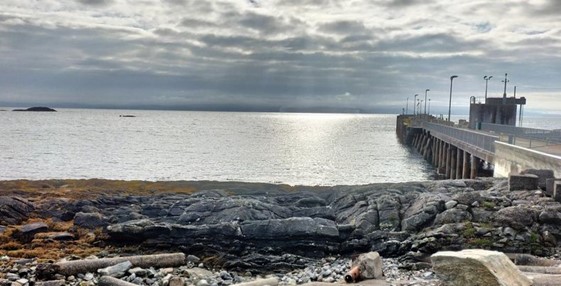
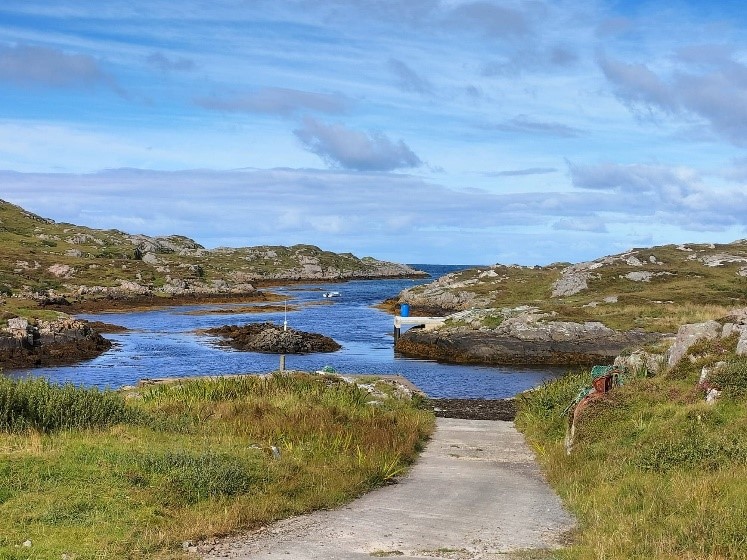
While talking to individuals on the island, we concluded that ferry travel is a big part of daily life; it is the main travel route on and off the island and is a crucial part of their connection to the wider world. Without experiencing this travel option, we would not have understood the fears people had of the ferry not showing up or the joy some people had when meeting loved ones off the ferry.
Our time in Coll
Everyone we spoke to was very welcoming and happy to take time out of social events to tell us about the island. They were enthusiastic about sharing their experiences and stories with us. The individuals we spoke to were proud of how safe their island is and how it created a unique sense of community values that they did not think we would find elsewhere within the UK. Overall, I would highly recommend Coll as a fascinating, and green, field course option. It is an experience any anthropologist would value, creating an everlasting memory of this beautiful island sanctuary.
Discover more
Fieldwork is core to our taught programmes, and we offer research-led teaching and hands-on experience to equip our students with the knowledge and skills they need for a successful future.
Feeling inspired? Visit our Anthropology webpages for more information on our undergraduate and postgraduate programmes.
Follow our students on Instagram, TikTok and YouTube



